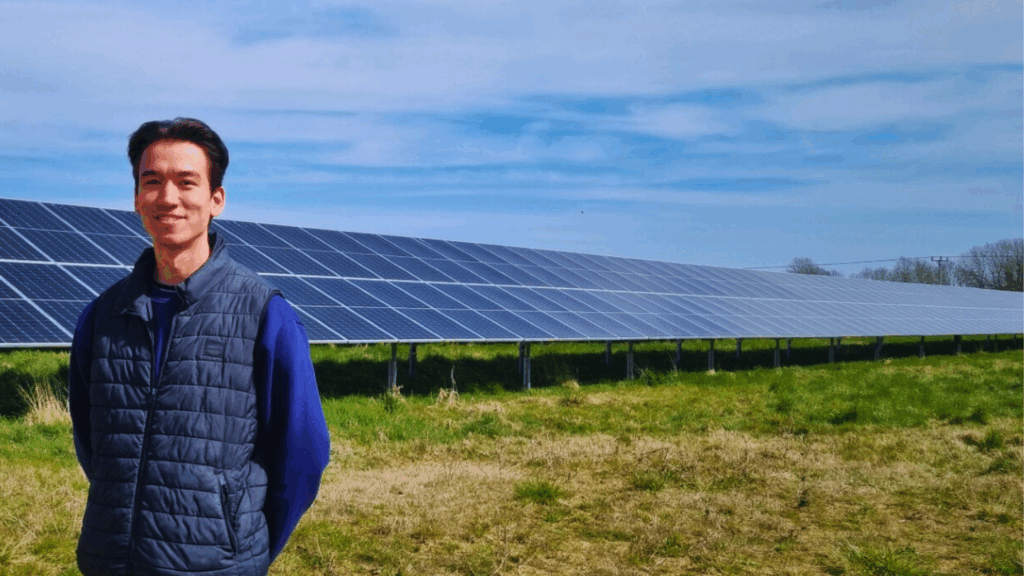
meet our apprentice electrical engineer
I recently caught up with our Electrical Engineer Apprentice, Tristan Turner, on what life is like working at Low Carbon Hub. He shared his vision for the future of our energy system, as well as his highlights of his new role, and a growing adulation for renewable installations.
Q. Tell us a bit about yourself, and your career so far?
A: “I’m an apprentice electrical engineer here at Low Carbon Hub, working within the operations team. Before this role I have spent several years working in hospitality which has moulded me into someone who enjoys working in fast paced, people-oriented environments. I deeply enjoy the dynamic aspects of work, being part of a team, adapting quickly and learning how to effectively operate well under pressure. Alongside that I have had a couple of opportunities doing hands on work as a labourer in residential plastering and another in mechanical engineering. These experiences really opened my eyes into how much I enjoy and am suited to practical, problem-solving roles.
During these experiences I started thinking seriously about a more technical and skilled career. Where I could be working with physical systems, learning how those systems work and being an important, impactful part of shaping a future in a more sustainable way. Which consequently lead me towards an electrical engineering role here at Low Carbon Hub.”
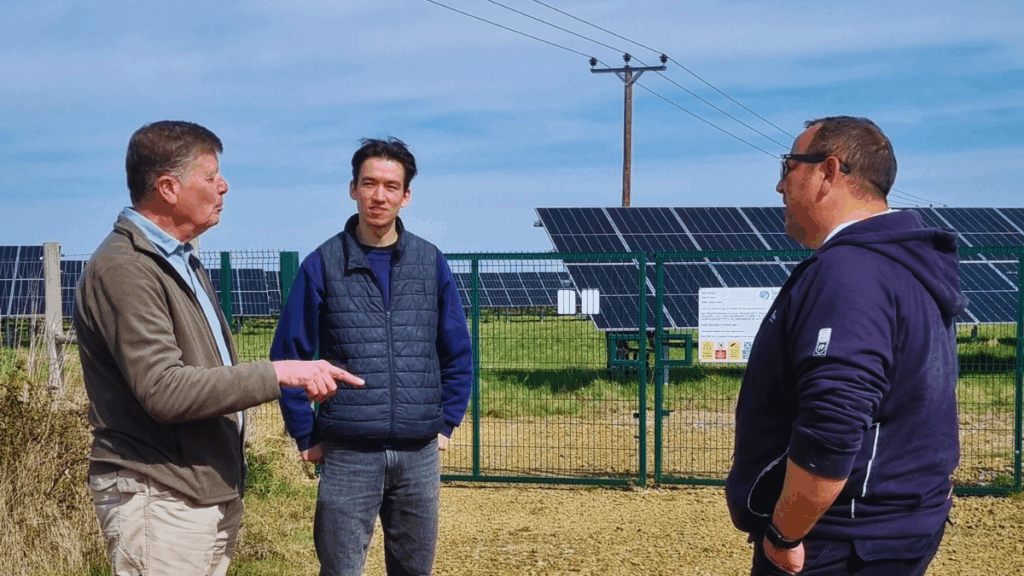
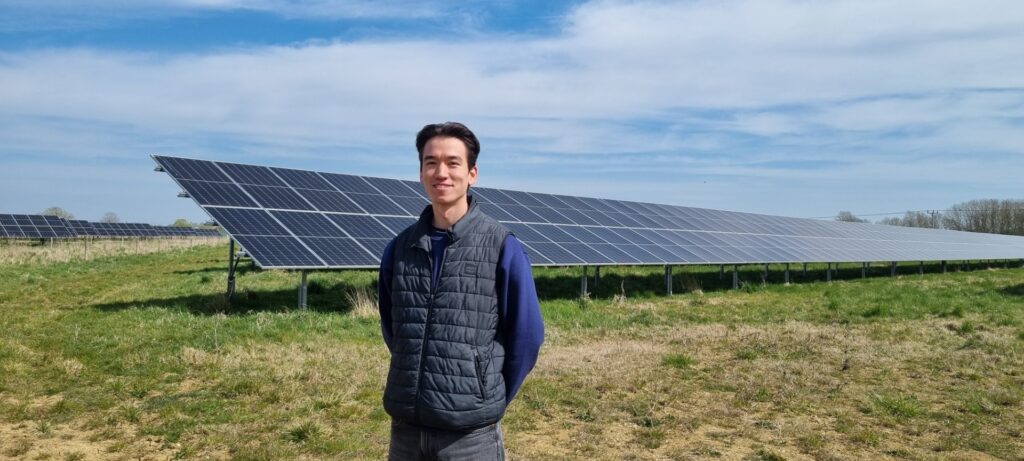
Q. What made you want to become an electrical engineer working with an organisation like Low Carbon Hub?
A: “Personally, I am motivated by doing work where I can show great quality in what I can produce. I believe that energy production and its uses is an area that has the scope to be a really gratifying area of work as it affects all people no matter who they are or how they use it. Along with technological advancements there is also the aspect of climate change and environmental needs of everyone to find a better energy economy for a collective brighter future.
I have found that even though I am at the beginning of my journey in this field I have
found a purpose which has given me a strong motivation and desire to be curious about how systems and energy infrastructure currently work and where they can be improved and optimised into the future for positive long-term impact. Being a part of Low Carbon Hub has shown me that this is more than just a workplace. It’s a mission led culture whose values resonate with me and makes me proud to
continue to operate at a high level where I am excited to grow and with the knowledge that what I am able to do will benefit others also.
I feel like I’m in a great environment for growth as this aligns with my personal values too. This allows me to combine my technical training with real world projects that matter.”
Q. What’s been the highlight (or highlights!) of your apprenticeship so far?
A: “There have been quite a few highlights so far, as I’ve had a busy and varied 7 months. But one of the most significant has been the opportunity to be able to learn about Sandford Lock Hydro. Also, I have had the privilege to see the stations at Culham and Windsor. I have spent time working with Dave (Sandford engineer) and have been trying to soak up as much information as possible.
I never imagined I would get to learn about operational hydro stations first hand this early on into my career. It is such an interesting part of my job and role that often gets overlooked when thinking about renewable energy. The mechanics of it all and how it ties into the grid, even just the sound (very loud) and feel of the site has really stuck with me.
Another highlight has been being shown our Ray Valley Solar Farm site. Seeing a large solar installation up close has made me appreciate the scale of these projects and how they all contribute to something much bigger! Honestly, one of the most important things for me has been just gaining confidence and direction. Being an apprentice where I get to learn real skills and knowing there is a future here has been incredibly grounding. It feels great to be moving with purpose.”
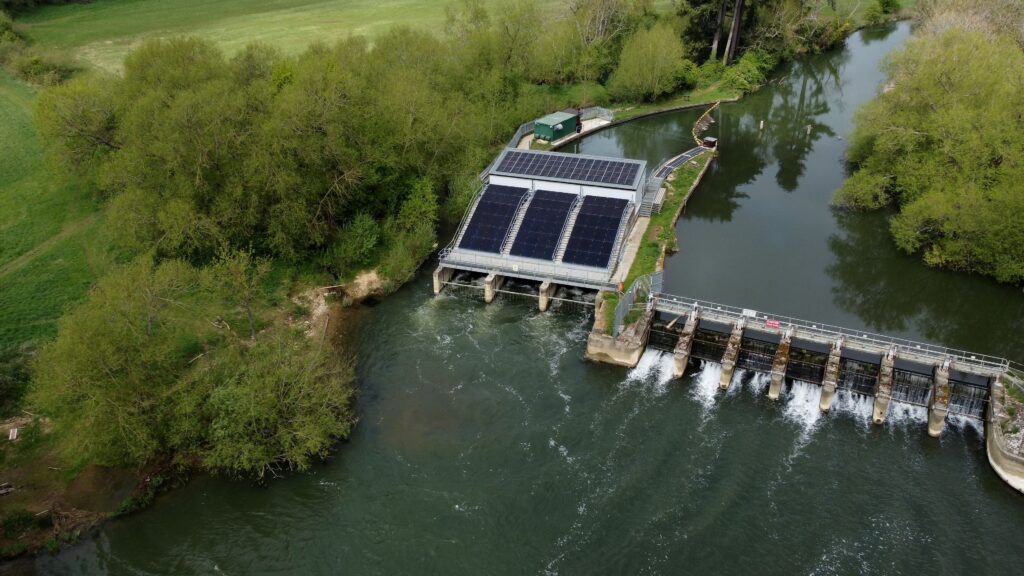
Q: What would you say to someone thinking about starting their journey to become an electrical engineer?
“I think that the most important part of any journey is making the first step. The first
hurdle can feel daunting, especially when things don’t seem clear. But once you take it, there is a real sense of satisfaction, and you soon gain momentum from this. In the beginning you don’t need to have it all figured out. I certainly didn’t.
I have not followed the conventional path, I have tried a few different things, and it has taken time to find out what really fits for me. It has been a journey of trial and error, and that is okay. That’s how you learn what kind of work brings out your best. Being an apprentice is a brilliant way to explore that. You are learning while working. Gaining qualifications, but also real-world experience. You get to apply what you are learning from textbooks in real time on real sites with real teams. I have found that kind of learning really stays with you.
Through my college, Abingdon and Witney, I have had the chance to become an
apprentice ambassador. This role has allowed me to speak with young people who are in the same place I was in not long ago. I always try to say to them that it’s not just about finding a job that pays well in the short term, but finding a path that helps you grow, while changing the world in the direction that you would like to see it go.
Whether it’s in this field or not. If they bring curiosity, integrity and willingness to learn, I believe that they can help build something better.”
We are living through a time where our decisions around renewable energy and the climate really matter. The next generation will play a huge role in shaping what the future looks like for us all
Q: What is working with renewable energy installations like?
A: “It’s really rewarding working with renewable energy installations, not only just because of the aspect of working in an industry that has the potential to have a significant impact in the future of how we generate and use energy, but also with Low Carbon Hub we have the unique opportunity to give back to our communities. It’s been so enriching working at Sandford Hydro, doing hands-on and problem-solving work on the river which is remote and peaceful. You gain a great understanding of both the technology and the environment the power generation depends on.”
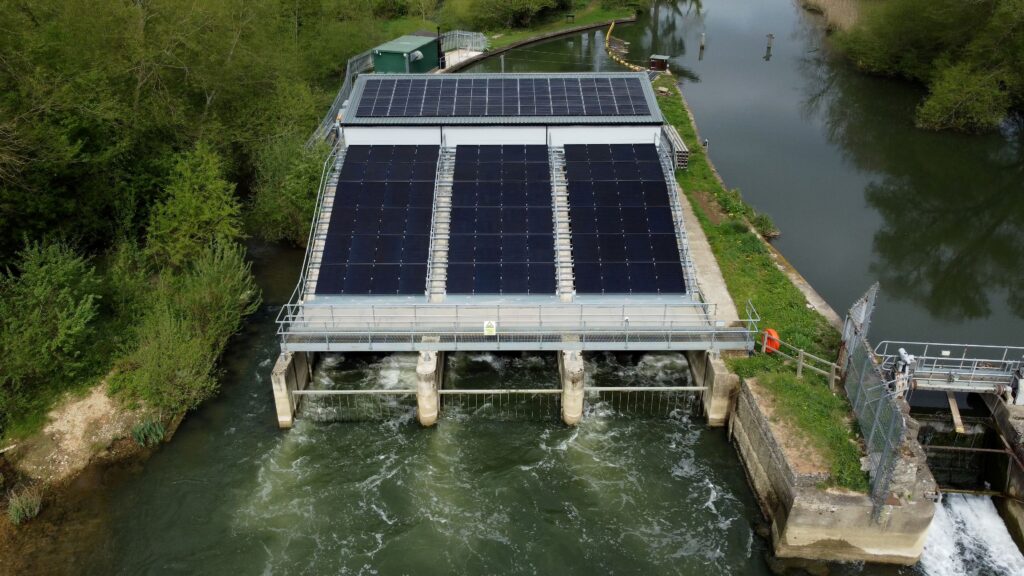
Q: Finally, where do you see yourself in 10 years? Do you think the energy system is going to look different by then?
A: “What an amazing question! it’s hard to answer as with the rate of change within our industry who knows what will be possible in 10 years.
In 10 years, I hope to be involved in shaping the future of energy, not just as an engineer, but as someone contributing to the systems and policies that govern how energy is produced, shared and used.
I believe that the energy system is going to look very different. With the continuing rise of AI, quantum computing, and an increasingly prevalent digital infrastructure, energy will become an even more critical resource – not just environmentally, but politically and economically. In someways, energy distribution will define a national power in the same way oil once did, potentially even more so. I think that we are heading into a world where the ability to generate and manage energy locally and sustainably will be central to a country’s independence and resilience.
My personal vision is a future where energy is a universal common resource, not just a
luxury or commodity. I think of pioneers like Nikola Tesla, who dreamed of a free,
wireless energy for all, not for profit but for progress. I Imagine a world where clean
energy is abundant, shared, and not used just to power homes and devices, but to uplift and empower entire communities, to restore ecosystems, and support global
collaboration.
In reflection I know that this sounds ambitious, maybe even utopian, but I believe that
we need this kind of vision. I understand that it’s going to take hard work, technical
innovation, and cultural change to get there, but knowing that this is the direction that
we could be heading in gives me pride in the work that I do now and the motivation to keep learning and contributing. Because the future of energy in my opinion is the future of everything.”
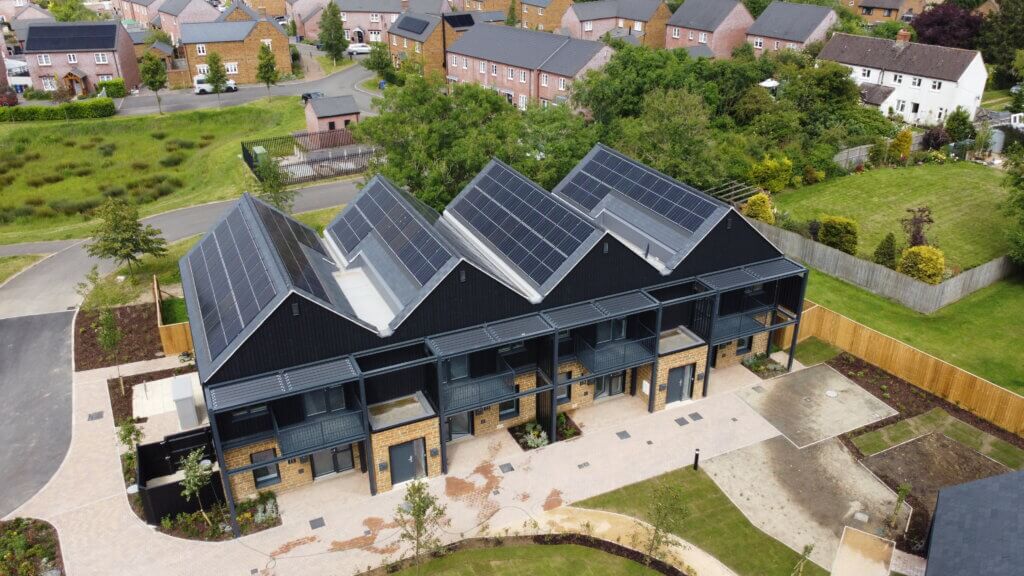
What is the Grid Edge?
The ‘grid edge’ is, simply, where we all live, work and play – where the physical infrastructure of our energy system reaches us in our day-to-day lives. We often talk about the grid edge at Low Carbon Hub, but why is it so important? And why is the grid edge changing? Life at the edge […]
